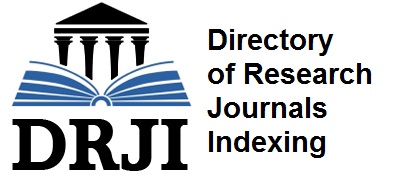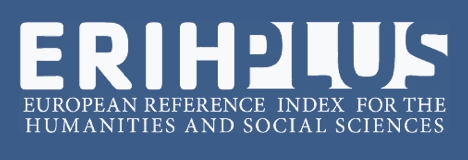#TNelec: les élections législatives en micromessages
#TNelec: the legislative elections in micromessages
Abstract
Since the events of 2010 Tunisia has been living at the rate of the elections, which are likely to determine its fate or at least to influence it greatly. It is in this general context that the political authorities as well as the men and women representing them develop their communications strategies. We can observe the application of the complete set of tools existing in the political marketing. Among the emergent modern tools we find Twitter which started its development in Tunisia not long ago. We methodically observed the uses accomplished by the men and women involved in politics on the occasion of the general election of 2014, our attention being particularly focused on the hyper-textual dimension and on the “role” played by hashtags.
Depuis les événements de 2010, la Tunisie vit au rythme des échéances politiques susceptibles de sceller son destin ou tout au moins de l’influencer largement. C’est dans ce contexte général que les instances politiques mais aussi les femmes et les hommes qui les représentent et/ou qui se présentent, élaborent des stratégies de communication abouties. Nous constatons alors que toute la panoplie des outils qui fondent le marketing politique est utilisée. Parmi les outils modernes émergents figurent Twitter qui se développe depuis peu en Tunisie. Nous avons observé, méthodiquement, les usages qu’en ont produits les femmes et les hommes politiques à l’occasion des élections législatives de 2014 en nous intéressant notamment à leur dimension hypertextuelle et au “rôle” assuré par les fameux hashtags.

This work is licensed under a Creative Commons Attribution-NonCommercial 4.0 International License.
Authors who publish with this Journal agree to the following terms:
Authors retain copyright and grant the Journal right of first publication with the work simultaneously licensed under a Creative Commons Attribution-NonCommercial 4.0 International License.
This Journal permits and encourages authors to post items submitted to the Journal on personal websites or institutional repositories both prior to and after publication, while providing bibliographic details that credit, if applicable, its publication in this Journal.

















